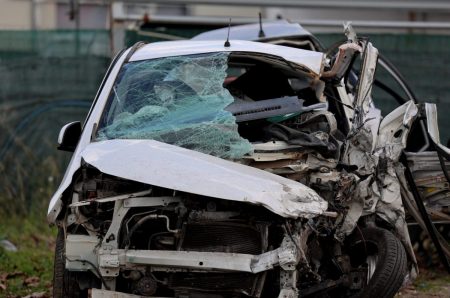The next few weeks are decisive for the course of the country in the years ahead. The government and the opposition are already preparing for the next electoral battle. Yesterday’s debate between political leaders in parliament was based on the dilemmas and aims of the next elections.
Mr. Tsipras’ objective was clear. He wants to entrench his part of the political spectrum, to target New Democracy as an extreme conservative force, and to present himself as the exponent of progress and as the authentic defender of the weaker classes of society.
It is notable that, although he attempted to depict New Democracy leader Kyriakos Mitsotakis as a proponent of a post-bailout precautionary credit line, he himself for the first time avoided ruling it out.
All opposition parties roundly condemned the government’s choices in managing the economy and in handling violence and public security. The main argument of Mr. Mitsotakis and of Movement for Change leader Fofi Gennimata was the deceit of a clean exit from the bailout memorandum, which already is accompanied by a series of legislated measures, as well as by obligations and commitments that will subject the country to a stewardship for many years.
The clash over the handling of the attack on Thessaloniki Mayor Yannis Boutaris , as well as over the government’s tactics in dealing with the FYROM naming issue, is indicative of what the political climate will be like until the next elections. There will be constant confrontations, with no bridges of communication between parties, and with personal attacks and charges, all of which undermine the effort at national reconstruction.
The economy, national issues, and social problems will once again be placed in the mixer of national populism.
Mr. Tsipras is politically isolated, so it is obvious that he will maintain the tactics that brought him to power, trying in every way to rally his dwindling electoral audience, whose hopes he had cultivated and then dashed.
The economy and society cannot withstand yet another clash between the “pure Left” and a “corrupt old system”, which is responsible for all the ills of the country.
A protracted electoral period is the worst possible development on the road to exiting the bailout memorandum.
A clean solution, which will also benefit the country, is for citizens, after the final agreement with creditors is reached, to decide who will manage it and how.



